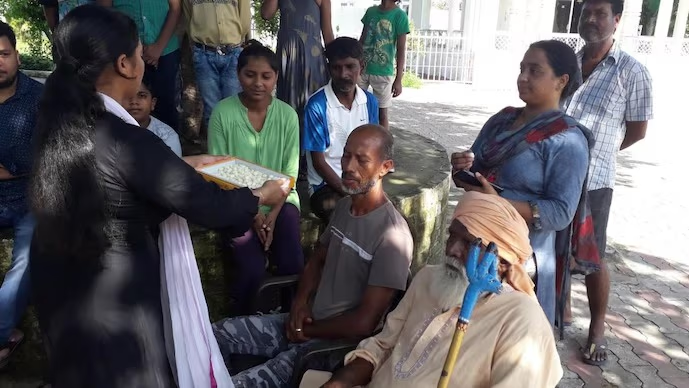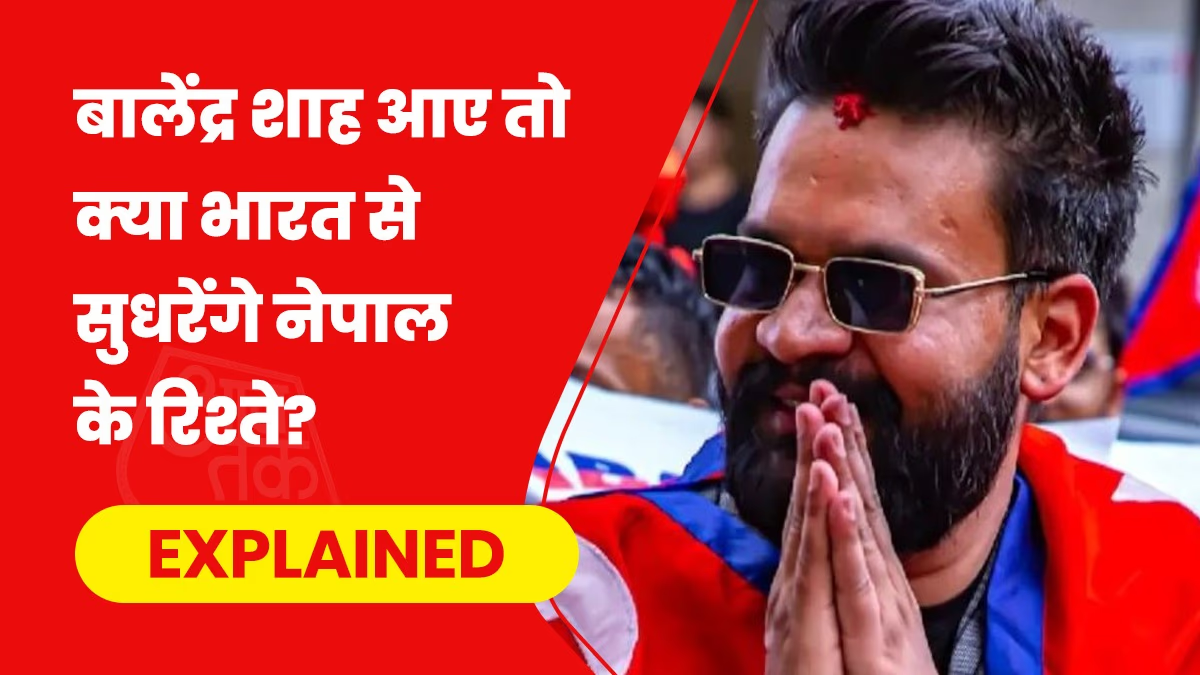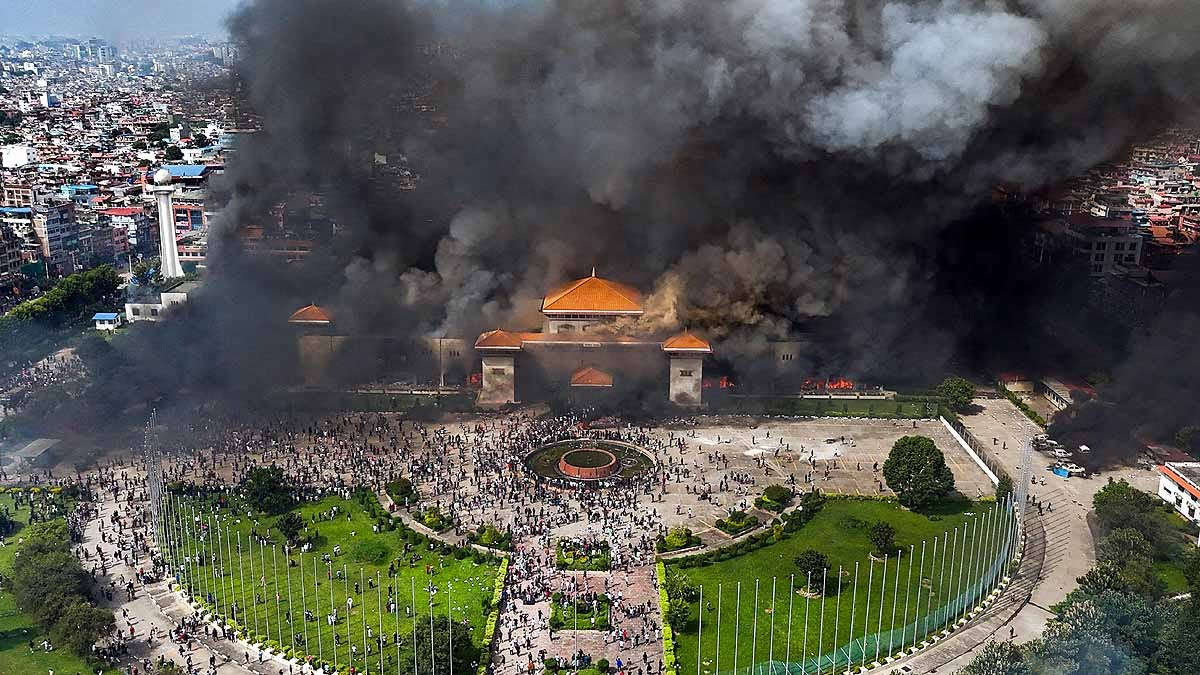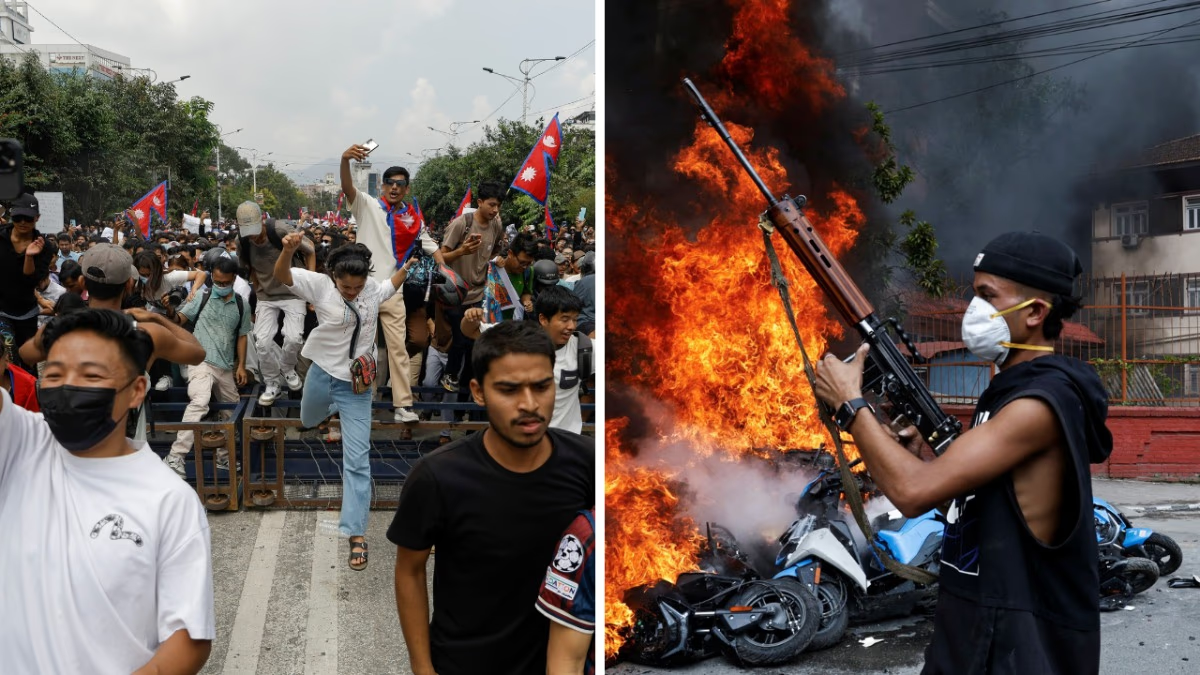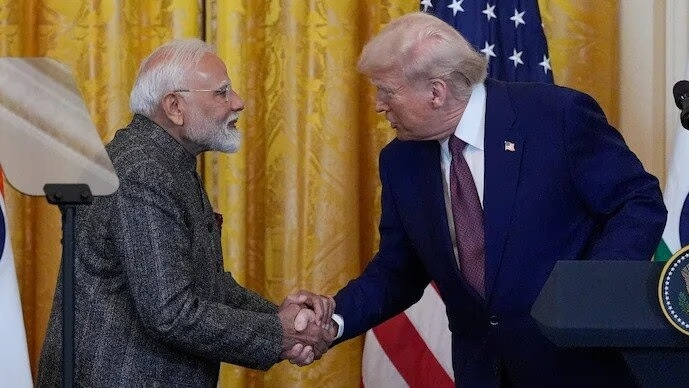The upcoming Jammu and Kashmir Assembly elections are not only pivotal from a political and security standpoint but also for the social fabric of the region. For the first time, approximately 10,000 people from 350 Valmiki families will exercise their voting rights. For decades, the Valmiki community was deprived of their voting rights under Jammu and Kashmir’s special status as per Articles 370 and 35A.
For many in the Valmiki community, this right to vote is more than just casting a ballot. It is a bridge to their dreams, as under Articles 370 and 35A, Valmiki youth were ineligible for government jobs due to the lack of a Permanent Resident Certificate (PRC). This meant that Valmiki children and youth living in the region could neither vote nor apply for government jobs.
Expressing happiness about voting for the first time in the assembly elections, Valmiki Samaj Sabha President Gharyu Bhatti said, 'For the first time in free India, after 65 years, we have the right to vote in the assembly elections. I am 45 years old, and I will vote for the first time in the assembly. See how late we are, but better late than never. Full credit goes to PM Narendra Modi. Our democratic rights in Jammu and Kashmir had been violated for many years.'
Answering a question, he added that today all circumstances are new for us in Jammu and Kashmir. Over the past five years, our lives have changed a lot. Earlier, our children couldn’t apply for even fourth-class jobs in any state department, but today they are easily getting such jobs.
Answering this question, he explained that before the abrogation of Articles 370 and 35A in Jammu and Kashmir, having a PRC was crucial. You had to be a state citizen. Only those with land and records were considered state citizens. He also pointed out that in 1975, the state government brought us from Punjab to work as cleaners during an epidemic. The then government misled us. We cleaned Jammu and Kashmir, and three generations of us passed, but we were never considered state citizens nor given any schemes, which was a curse for our youth.
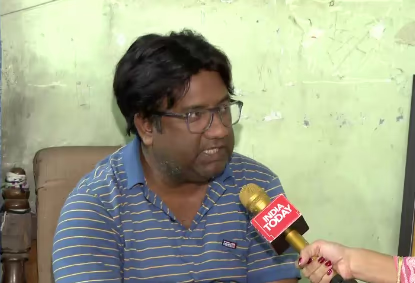
Source: aajtak
Meanwhile, Meena Bhatti, one of the first women from the Valmiki community to raise this issue, shared her experience of fighting for equal rights. A law student, Meena inspires many in her community. She shared her journey of how she is now guiding young girls to achieve their dreams. Law student Ekta Mattu from the Valmiki community also echoed similar sentiments, expressing hope for a bright future.
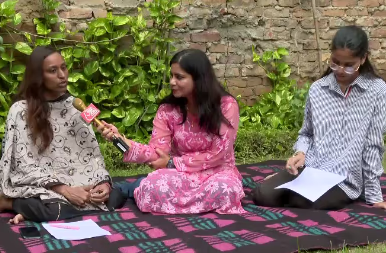
Source: aajtak
Celebration in the Valmiki Community
As the elections approach, the Valmiki community celebrates their new identity. For decades, they were bound by the restrictions of Article 370, unable to integrate fully into Jammu and Kashmir’s society. Now, they are not only voting but also dreaming of a better future where their children can achieve their aspirations without the hurdles of outdated laws.
It is noteworthy that ancestors of the Valmiki community were brought from Punjab to Jammu in 1975 by the then government to work as sanitation workers during an epidemic. Despite their crucial role, they were never given permanent resident status, depriving them of voting and other rights granted to Jammu and Kashmir residents. For decades, the Valmiki lived as second-class citizens, unable to participate in the region’s democratic process. However, after the abrogation of Article 370 in 2019, Valmiki community members were given domicile certificates in 2020.
